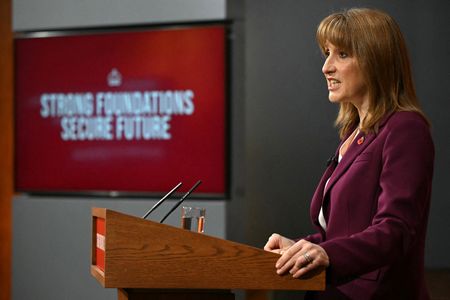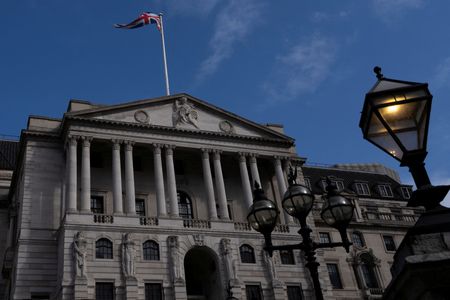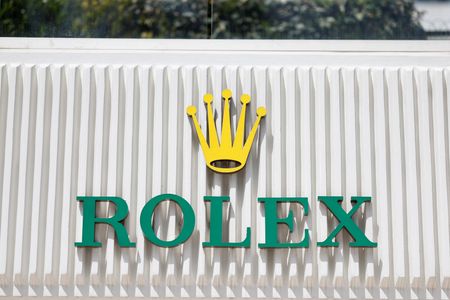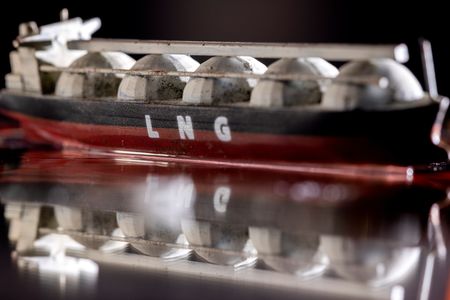By Greta Rosen Fondahn
(Reuters) – The pound rallied against the dollar on Friday, on track to close the week higher after three weeks of losses, as a lack of concrete tariff policies during U.S. President Donald Trump’s first week in office pressured the greenback across the board.
Sterling was up 0.6% against the dollar after touching its highest since Jan. 9 at $1.2344.
Similar to other major currencies, the pound chased steep weekly gains against the greenback, and looked set to end the week 2.1% higher.
Trump said in an interview published late on Thursday that he thought he could reach a trade deal with China and that he would rather not use tariffs against the country, while also calling them a “tremendous power”.
Uncertainty surrounding Trump’s tariff policies have set the tone for currency markets this week, with investors broadly selling off the dollar.
Trump’s latest remarks underscore that tariffs can be used as a negotiation tool, analysts said, signalling that some of the expected trade policies that markets had braced for might not materialise.
“The threat of tariffs will be used to gain favourable terms for U.S. businesses, but eventually tariffs will not be as bad a feared,” said Mohit Kumar at Jefferies.
Kumar added that continuous headlines about tariffs would still spur market volatility.
The euro was up about 0.1% against the pound at 84.39 pence on the day, but the currency pair had hardly moved on the week.
The common currency has still gained 2% against sterling since the start of the year, amid increased investor concerns about Britain’s economic outlook.
Tepid growth across British businesses picked up slightly at the start of 2025, though employment and optimism contracted again and price pressures rose, data showed on Friday.
The preliminary “flash” reading of the UK S&P Composite Purchasing Managers’ Index (PMI) inched up to 50.9, a three-month high, from 50.4 in December.
(Reporting by Greta Rosen Fondahn; Editing by Gareth Jones)











